All Contents
-

- The Twilight of Testimony
-
Kim Soom’s novel “One Left”(Hyundae Munhak) is a work that announces a new turning point in the era of testimony. worldview formed ahead of these final moments, and can it present us with meaningful realistic possibilities not only in literary terms but also social and historical ones?
-

- Earth Is Not Flat - the Movie “Denial” Review
-
The movie “Denial” (Mick Jackson, 2017)
-
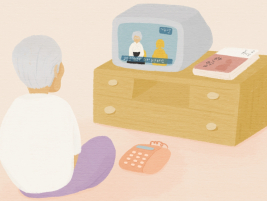
- From Asking to Listening, from Singular to Plural: The Transformability of “Comfort Women” Narrative Norms in Kim Soom’s “One Left”
-
In some way or another, testimony literature must provide its own answer to the question of what to represent and how. So what was the answer found by Kim Soom’s novel “One Left” (Hyundae Munhak, 2016)?
-
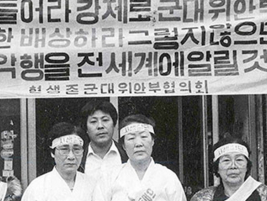
- Translation of Silence, or Representation of the Untranslatable - A Review of the Film “The Silence”(2017)
-
Film researcher Hwang Miyojo sheds light on the documentary film “The Silence” produced by female director Park Su-nam, a second-generation Korean-Japanese. Director Park documented the struggle of Lee Ok-sun, who demanded that the Japanese government apologize and provide compensation, together with 14 colleagues.
-
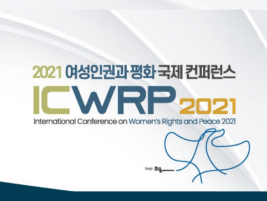
- Concerning Experience and “Situated Knowledge”
-
The meaning that experience is a movement and the creation of a situation or a relationship indicates that “I” seeking to put it into words am also a being taking on a part of a new relationship in the movement.
-
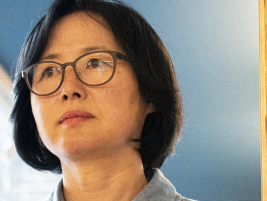
- Meeting “Comfort Women” Victims’ First “Art Teacher” - Interview with Artist Kyung-Shin Lee, Author of “Flowers Unbloomed”
-
The first “art teacher” of the “Comfort Women” survivors who live in the House of Sharing. I met and listened to the story of artist Kyung-Shin Lee, the author of “Flowers Unbloomed,” which contains the behind story of the painting class she conducted for five years from 1993.
-
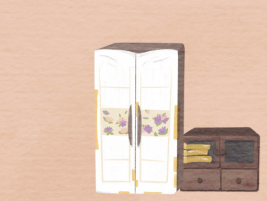
- The rooms of the surviving “Comfort Women” - Kang Il-chul’s room
-
What kind of everyday life do the surviving “Comfort Women” victims residing in the <House of Sharing> leads? <Kyeol> the Webzine has arranged an essay series to look at daily life of those who live at the <House of Sharing>, centering upon the space of the “room.” The fourth protagonist is Kang Il-chul.
-
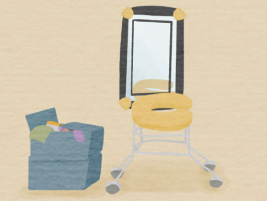
- The rooms of the surviving “Comfort Women” - Park Ok-sun’s room
-
Upon Park Ok-sun's return to South Korea, she moved back and forth between her younger brother's house and her nephew's house in Seoul, and eventually was admitted to <House of Sharing> in 2002.
-
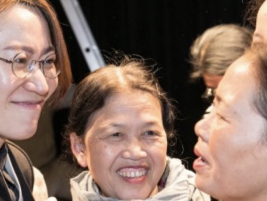
- Judgment after 50 years - 2018 People’s Peace Tribunal for the Vietnam War
-
From April 21 to 22, 2018, the ‘People's Tribunal on War Crimes by South Korean Troops during the Vietnam War’ (hereinafter the ‘People’s Peace Tribunal’) was held at the Oil Tank Culture Park in Mapo-gu, Seoul.
-
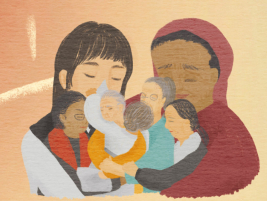
- International people’s tribunal on the Indonesian genocide of 1965
-
On November 12~14, 2015, an international people’s tribunal was held in The Hague, the Netherlands for the crimes against humanity that had occurred in Indonesia in 1965.